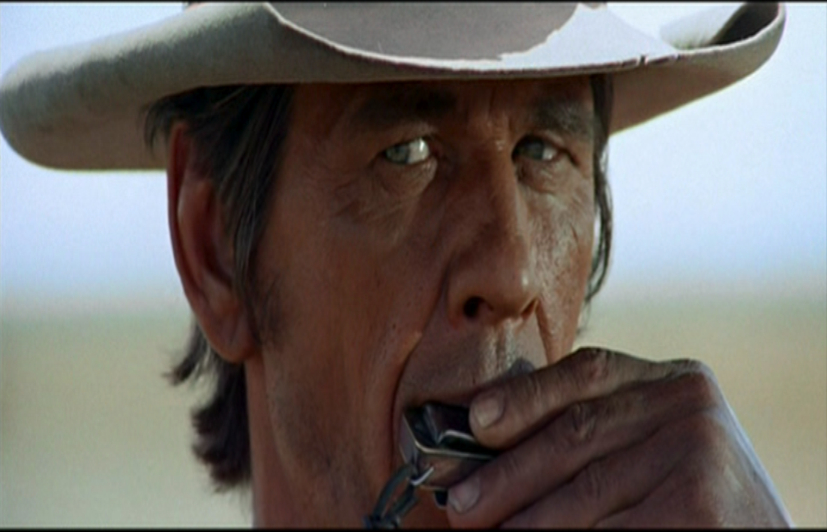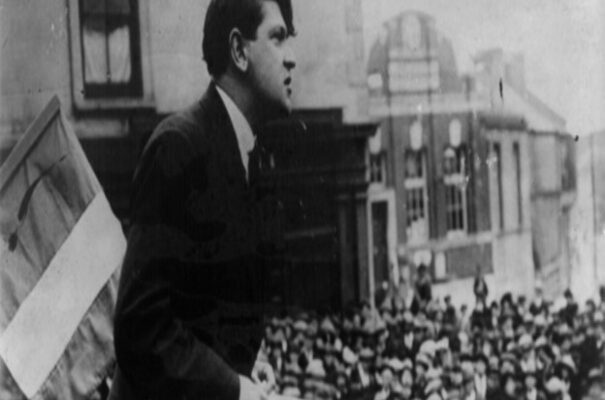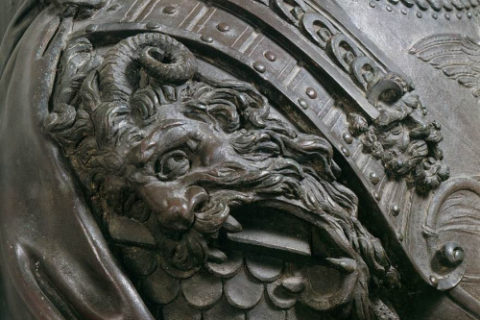After centuries of British rule, that the English yoke was finally broken in 1921 is one of the most remarkable events in history. The Irish had failed, time and time again, to free their land, but each time ended in abject failure. They were not even able to win certain concessions, instead they were simply crushed. That the Irish were successful after so many failed attempts at independence is something Southern Nationalists should take note of. The War of Northern Aggression should not be viewed as the death knell of the dream of Southern independence, but an attempt that, although failed, can be used as a building block to eventually birth a Free Dixie.
Hovering over the Irish victory in 1921 is, of course, World War I. The men of Easter Week, and those that would follow in their footsteps, knew that Ireland could not defeat the full force of the British Empire. So, the smart thing to do would be to wait until the British were bogged down in a conflict on the Continent and then strike. And while World War I is part of the story, it is not the full story. It is important to remember that the Irish War of Independence did not truly begin until 1919, after the German Empire surrendered. And while it is true that Britian was unable to transition its exhausted army from fighting on the Western Front to Ireland, even using the police (hence, the “Black and Tans”), the fact is that managing the outcome of the Great War and subduing Irish resistance could have been possible. Afterall, the British Crown was embedded in a very brutal war with France during the Irish Rebellion of 1798, a revolt that lasted the entirety of the conflict with France, but Britian was still able to bring it down. Even more remarkable in the success of the Irish War of Independence is just how unpopular its inciting event – the Easter Rising – was initially.
As with most of history, there were many factors that lead to the Irish victory in 1921. But there is one factor worthy of more examination, as it represents the Irish’s ability to turn one of the great historical British advantages against them – intelligence. One major reason why the British were able to crush revolt after revolt is because of their successful intelligence, information-gathering, and spying capabilities. In essence, the British had a far more advanced intelligence system than the Irish could possibly hope for, and they could always count on traitors, more concerned about their own personal fortunes than the fate of their homeland. But even open treason is not the full story, as the British were able to take advantage of loose lips. They were simply very good at taking advantage of carelessness and using it against Irish patriots.
However, in the Irish War of Independence, the Irish were able to turn the tables on the British. Under the leadership of the great Michael Collins, a secret weapon was launched. The lowest levels of the British bureaucracy in Ireland were traditionally staffed by the Irish themselves, these were the jobs the British did not want. The highest positions, of course, went to the Brits. During World War I, this long-standing advantage grew as those who strongly identified as British took a greater number of casualties, a trend that only increased as the Great War became more unpopular. Observing this, Collins saw an opportunity and utilized these low-ranking officials as his Irish eyes and ears. The British Empire, for the first time in its long history of rule over Ireland, was beaten at its own game. They were never able to effectively counter Collins’ strategy, and with that they lost control of Ireland.
For centuries Ireland tried and tried again to end foreign rule of their land. That they tried so many times should be inspirational to Southerners – what happened in 1865 is not the end. But as the Irish finally learned, intelligence is the key to victory. The old adage is true, loose lips really do sink ships. The intelligence gap was once one of the long-standing controls the English had over Ireland. They would always count on turncoats. But then Collins found out how to make this work in the Irish’s favor. Again, we must learn from this. Always watch what you say, you never know who may be listening, especially online. But more than that, be the eyes and ears of Dixie just as those low-ranking public officials, men who held jobs the English considered beneath them, were the eyes and ears of Ireland. These men played no small part in breaking the English yoke, and they were hiding in plain sight.







It should be an imperative for everyone here to run for public office at the local level, and to encourage our fellow Southern Nationalists to do the same. And if not public office, we must do what you suggest and do our part in securing the future for our people and our children.
Absolutely, run for office. Inside/Outside strategy works.
Some are meant to be loud in public, like the writers at ID , and some are to fight from within ( we are having great success in this area)